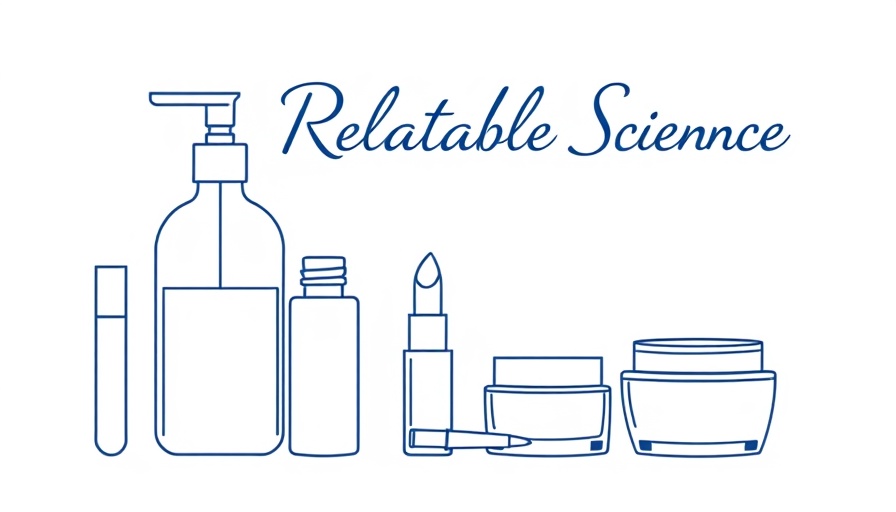
Unveiling an Effective Anti-Pigment Routine
For those grappling with skin pigmentation concerns, understanding the intricacies of an effective anti-pigment routine is crucial. Whether dealing with sun spots, age spots, or post-inflammatory hyperpigmentation, a well-structured skincare regimen can make all the difference. At the core of this routine lies an unwavering commitment to consistency and a few key products that can transform your skin's appearance.
Your Daily Anti-Pigment Ritual: A Breakdown
To achieve a radiant and even complexion, it's essential to implement a systematic approach to your skincare routine. Start your day with a gentle cleanser followed by a vitamin C serum that combats free radicals and brightens the skin. This should be topped off with a moisturizer to hydrate and the ever-important sunscreen to shield your skin from further pigmentation issues. In the evening, cleanse again and apply a night-time serum rich in ingredients like kojic acid or azelaic acid to help fade those stubborn dark spots. Finish with a nourishing moisturizer to lock in hydration.
The Importance of Consistency in Your Routine
Just like any health regimen, the key here is consistency. Skincare routines thrive on daily attention and care. Experts agree that it’s the regular application of these products that leads to noticeable improvements. Interestingly, many tend to overlook sun protection. A robust sunscreen is a non-negotiable part of any anti-pigment routine since tyrosinase—the enzyme responsible for melanin production—only becomes active when the skin is under stress, which can be triggered by UV exposure.
Weekly Additions for Enhanced Efficacy
Incorporating weekly exfoliation can also significantly boost the effectiveness of your anti-pigment routine. Milder AHAs or BHAs can exfoliate the skin gently, allowing deeper product absorption while also preventing the buildup of dead skin cells that can dull your complexion. This step, often overlooked, plays a vital role in enhancing the absorptive capacity of other active ingredients.
Using Tyrosinase Holidays Wisely
Interestingly, some skincare enthusiasts embrace the concept of a “tyrosinase holiday,” taking brief breaks from active ingredients to let the skin reset. This means during those downtime periods, incorporating gentler maintenance ingredients can help keep the skin balanced and prevent sensitivities that may arise from frequent use of more potent treatments.
What You Can Do Next: Empowering Your Skincare Journey
If you're ready to tackle pigmentation with a well-rounded approach, consider customizing your routine to suit your specific skin concerns. Whether you're a woman in your 30s attempting to manage age spots or a Gen Z beauty lover looking to prevent future damage, your journey to radiant skin starts with understanding and adapting these steps.
Not only do these practices enhance your appearance, but they also foster a deeper appreciation for your overall skincare journey. So, ask yourself: what changes can you confidently integrate?Empower yourself to cultivate a regimen that not only meets your needs but also fits your lifestyle.
Join the Skincare Conversation
Curious about specific ingredients or methods? Don’t hesitate to ask questions or seek guidance. We’d love to hear from you! Share your skincare aspirations or concerns, and together let’s navigate the path to healthier skin. Plus, subscribe to our newsletter for an exclusive skincare routine audit guide to help you refine your approach to radiant skin.
 Add Row
Add Row  Add
Add 




Write A Comment